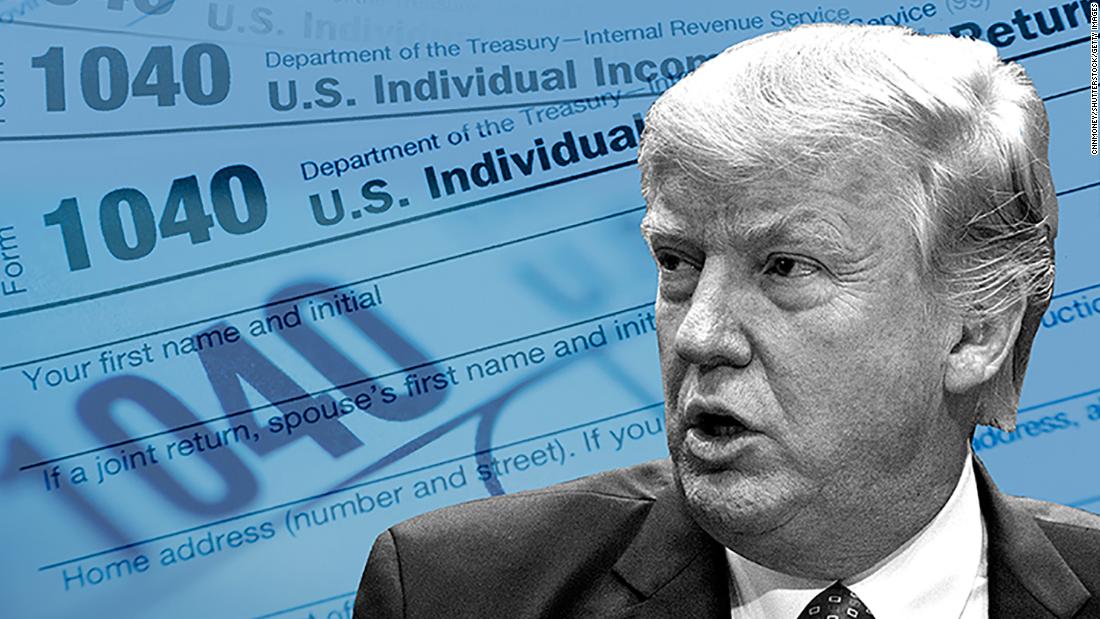
In a two-page letter, Neal writes that he believes his committee is well within its rights to see the President's tax returns and that he expects a decision from the IRS within the next 10 days.
"I expect a reply from the IRS by 5:00 p.m. on April 23, 2019. Please know that if you fail to comply, your failure will be interpreted as a denial of my request," Neal writes.
The letter leans heavily into the committee's legal rational for the returns and Neal writes that, "I am aware that concerns have been raised regarding my request, and the authority of the committee. Those concerns lack merit. Moreover, judicial precedent commands that none of the concerns raised can legitimately be used to deny the committee's request."
The letter comes just days after the Treasury Department told Neal that it would not meet a one-week deadline to turn over the President's tax information and that it would instead consult with the Justice Department before responding further.
Highlighting what he called the "unprecedented nature of this request," Treasury Secretary Steve Mnuchin wrote to Neal that he -- not the IRS commissioner -- would manage the Treasury's handling of the request and that the Justice Department was being consulted "to ensure that our response is fully consistent with the law and Constitution."
"The Committee's request raises serious issues concerning the constitutional scope of Congressional investigative authority, the legitimacy of the asserted legislative purpose, and the constitutional rights of American citizens," Mnuchin wrote. "The legal implications of this request could affect protections for all Americans against politically-motivated disclosures of personal tax information, regardless of which party is in power."
The standoff between Congress and the administration over the request is expected to launch an unprecedented legal battle, one that will test for the first time in court a 1920s-era tax statute that was little known until recently.
Democrats believe they have the power under IRS code 6103 to request Trump's tax information including, but not limited to his tax returns. The law states that three people: the House Ways and Means chairman, the head of the Joint Committee on Taxation and the Chairman of Senate Finance can ask for anyone's personal tax information for their committee's use. Neal has argued that the committee needs Trump's tax information in order to conduct oversight of the Presidential audit program, a program that is not enshrined in law, but instead has become a routine procedure at the IRS that when a new President comes into office.
The back-and-forth is just the beginning of a fight that has long been anticipated to weave its way through the courts. Democrats argue that 6103 requests are made all the time and are routinely handled through the IRS, not under the supervision of the treasury secretary.
Republicans have dismissed Neal's request as unprecedented and political. Mnuchin himself has argued that requesting the President's personal tax returns now rises to a level that he needs to be involved.
No comments:
Post a Comment